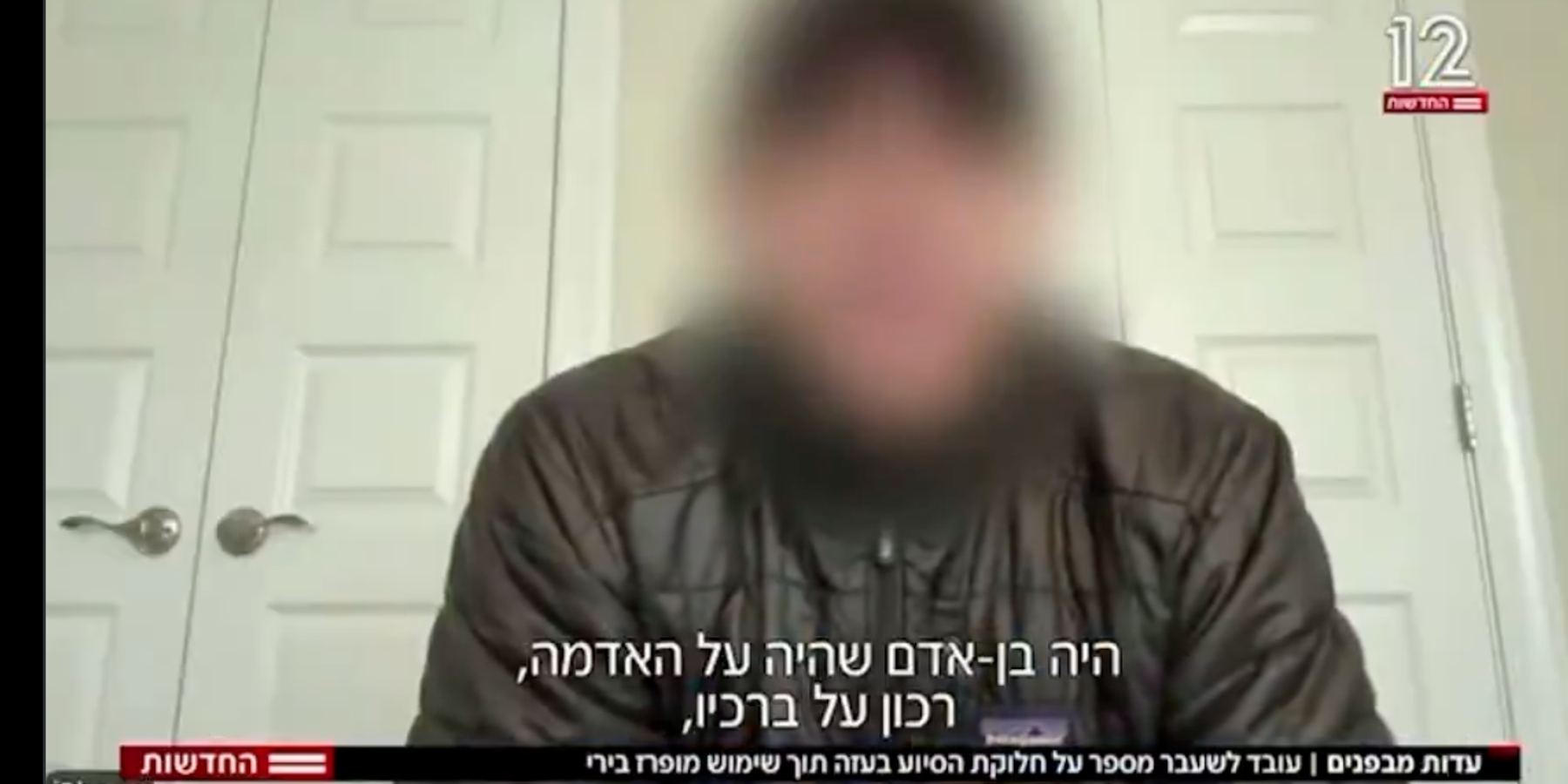Another American contractor has reportedly come forward with horror stories about his time working for the Global Humanitarian Foundation, the outfit responsible for food distribution in Gaza.
The operation has been likened to the "Hunger Games" as the Israeli military has been accused of shooting and killing hundreds of Palestinians, reportedly for not straying out of the lines and other supposed transgressions, if for any reason at all, as they scramble and claw their way desperately for food.
U.S. security contractors hired to work with GHF have been accused of joining in with the lethal and non-lethal crowd control, with reports of live ammunition, stun grenades, and the use of pepper spray. Last week at least 20 were killed in a stampede; the UN says over 1,050 people have been killed trying to get to food since May, over 700 of them at these increasingly violent aid centers.
Last month two contractors from UG Solutions, one of the U.S.-based companies (the other is Safe Reach Solutions), told the Associated Press that fellow Americans were shooting into the crowds with live ammo. Now another has come forward. He claims to be a military veteran who has deployed to multiple conflict zones but “never in my entire military career... have I been a part of, allowed...the use of force against unarmed innocent civilians. Ever. And I’m not going to do it now."
“There is no fixing this. Put an end to it,” the man said in the report, first given to Israel news Channel 12. His identity is not verified and the company he supposedly works for, UG Solutions, has denied earlier reports of lethal tactics by its operators at the sites.
The contractor, his voice and image distorted, told Channel 12: “There was a man who was on the ground. He was on his hands and knees and he was picking up individual noodles. This guy wasn’t armed. He wasn’t a threat. This UG contractor sprayed an entire can of pepper spray on to this guy's face. That’s lethal.”
In another case, he claimed he was standing next to a Palestinian woman hit by a stun grenade. “She collapsed, fell to the ground. That was the moment I knew I couldn’t continue.”
The man also insisted that U.S. contractors were firing live rounds at Palestinians after they had gathered their food.
These kinds of stories are all but corroborated by IDF soldiers who told Haaretz reporters in June that they were ordered to shoot unarmed civilians at the sites even when there was no threat presented. The Wall Street Journal reported Sunday that IDF soldiers had shot into a crowd of Palestinians holding white flags because they crossed a "red line."
American contractors, many who are former U.S. military, have been working in Gaza since April. They are being paid, reportedly, $1500 a day for the work. That may not be enough to stomach what they are witnessing. As more come forward, it may be that the Israeli government made a big mistake thinking it would put an American face on its barbaric food scheme in Gaza. Those outsiders might eventually help bring the whole thing down.
- Surprise: CIA link to sketchy Israeli aid scheme ›
- Charges of US contractor shootings in Gaza recall ugly Blackwater era ›
- American security contractors walking thin line in Gaza ›
- Hamas can't stop this, only Israel can. But does it want to? | Responsible Statecraft ›
- GHF boss gets free hand to spread his own 'disinformation' | Responsible Statecraft ›
- Not Blackwater or Wagner, Americans in Gaza are 100% mercenaries | Responsible Statecraft ›
















